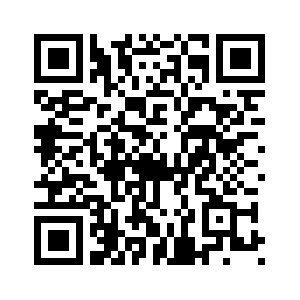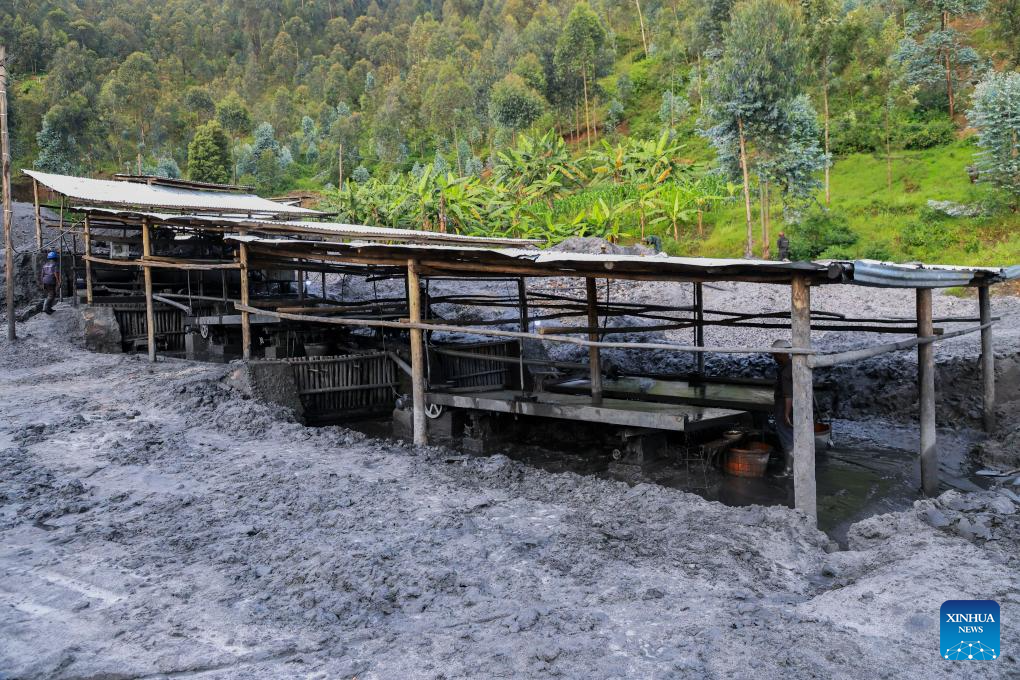
This photo taken on Nov. 28, 2023 shows a tungsten washing and sorting plant in Burera District, Rwanda. (Photo by Cyril Ndegeya/Xinhua)
KIGALI, Dec. 11 (Xinhua) -- Rwanda, despite having abundant mineral deposits, currently mines less than half of its resources. However, the country is determined to enhance its extractives sector by embracing advanced technology to expand mining activities.
Donat Nsengumuremyi, the manager of Mining Extraction and Inspection Division at Rwanda Mines, Gas and Petroleum Board, shared insights into their transformative process. "We have initiated a shift from small-scale to semi-mechanized mining. Our aim is to enhance recovery both during extraction and processing stages."
Nsengumuremyi stressed the need for modern equipment and efficient processes, saying "Encouraging companies to adopt modern technology or utilize methods like controlled explosives enables proper extraction while minimizing waste. Implementing modern processing techniques enhances the recovery of essential minerals."
Official data reveals that Rwanda presently taps into only 30 to 40 percent of its mineral potential. To entice investors, the government has implemented various incentives, including a favorable fiscal regime aimed at increasing profitability within the mining sector, which, in turn, positively impacts other industries.
"We provide technical support to mining operations by offering training to miners and operators, ensuring they possess the necessary skills and understanding. Moreover, we prioritize providing efficient and prompt services to mining operators, creating a conducive and secure environment for conducting business," Nsengumuremyi added.
This strategy has resulted in the attraction of around 150 mining companies and cooperatives, primarily located in southern and western Rwanda.
According to the manager, the government places utmost importance on the safety of workers and environmental protection. "Employing modern mining equipment and techniques, we prioritize the safety of workers and the surrounding community," Nsengumuremyi said, adding that "We conduct comprehensive impact assessments before commencing any mining project. Our aim is to design mitigation measures ensuring operations align with environmental and safety standards."
Rwanda's mineral export revenues have surged from 71 million U.S. dollars in 2010 to over 772 million dollars in 2022. The government's objective is to achieve annual mineral export revenues of 1.5 billion dollars by 2024.
By prioritizing safety, embracing technological advancements and committing to community development, Rwanda's mining sector aims for sustainable growth while benefiting its citizens.
Nsengumuremyi highlighted the government's commitment to improving the livelihoods of mining communities. "Our future orientation in professionalizing mining operations includes social corporate responsibility provisions within mineral agreements," he said.
"We collaboratively identify key activities that contribute to community welfare through discussions with local leaders. Regular monitoring ensures the fulfillment of these commitments," he added. ■
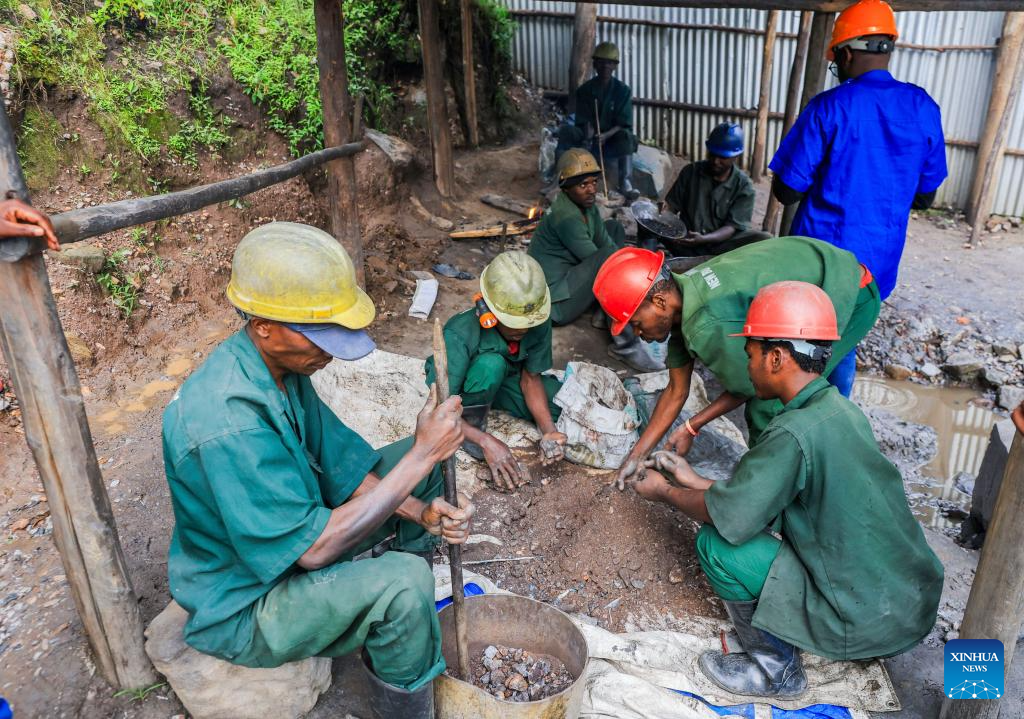
Workers sorts out extracted tungsten minerals at a mining facility in Burera District, Northern Province, Rwanda, on Nov. 28, 2023. (Photo by Cyril Ndegeya/Xinhua)
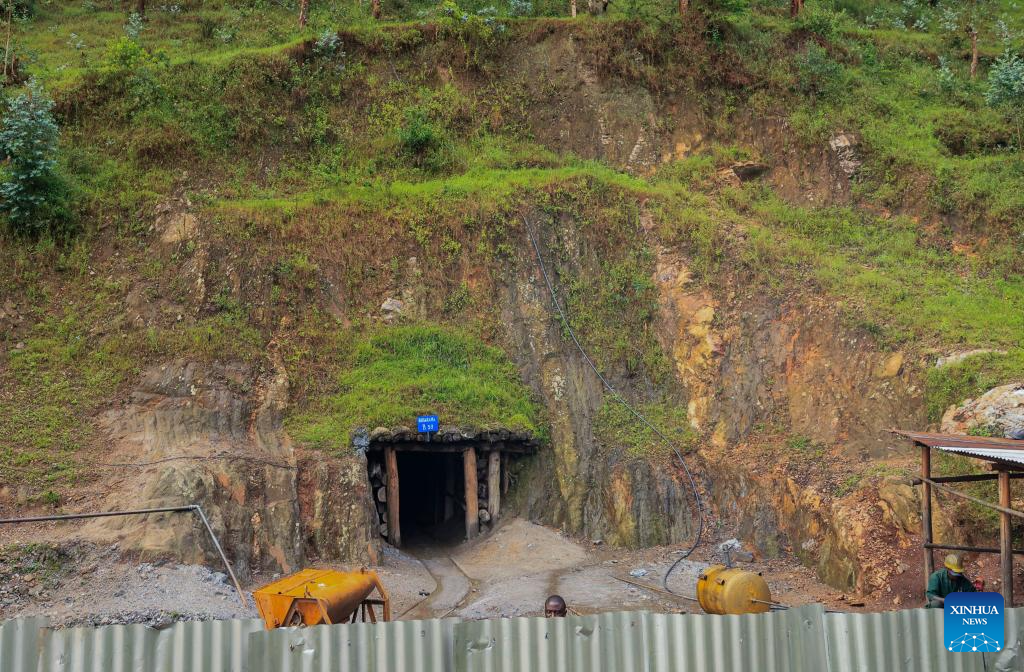
This photo taken on Nov. 28, 2023 shows the entrance to a mining tunnel in Burera District, Rwanda. (Photo by Cyril Ndegeya/Xinhua)
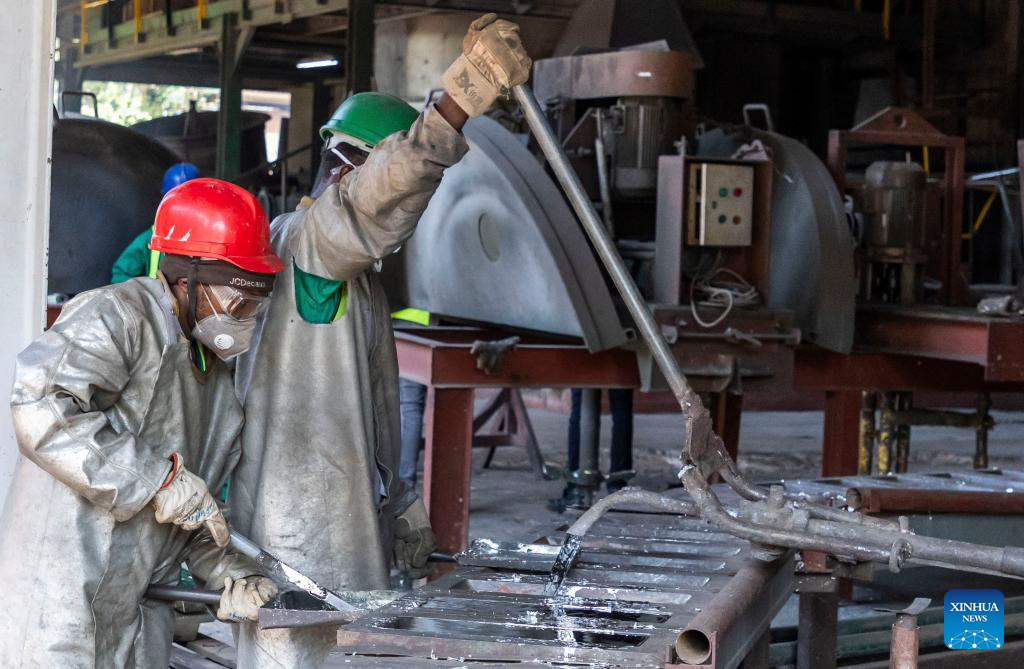
Workers inject molten tin into molds for casting at a smelter's facility in Kigali, Rwanda, Nov. 30, 2023. (Photo by Cyril Ndegeya/Xinhua)
